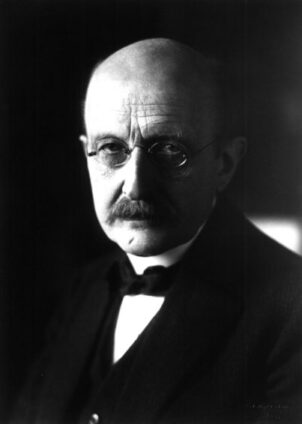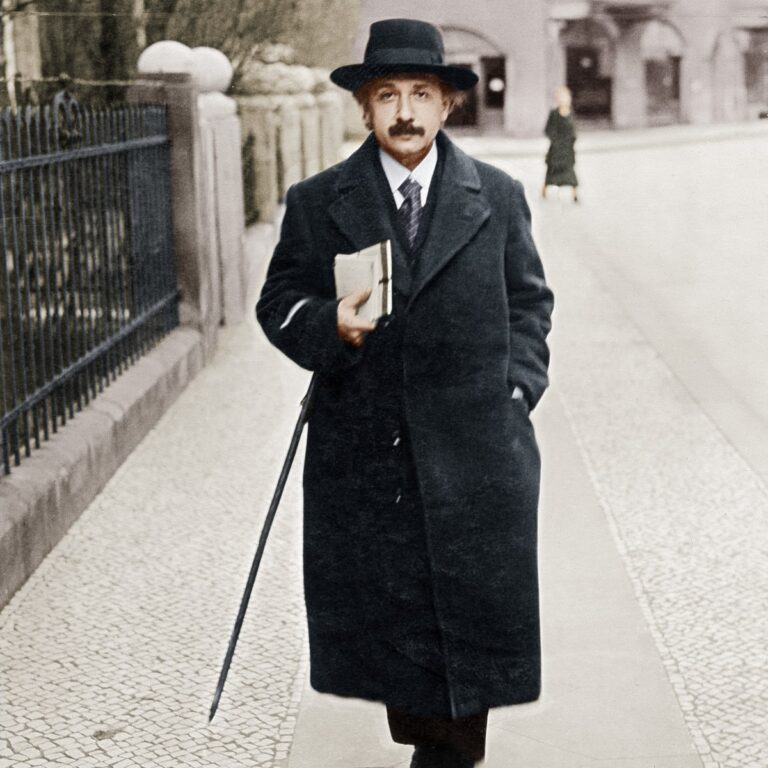- International Quantum Collaboration: The Max Planck–New York Center has been renewed for another five years, expanding to include Cornell University as a new partner.
- Research Focus: The Center will continue to explore non-equilibrium quantum phenomena and design new quantum materials with advanced light-matter control.
- Support for Early-Career Scientists: The Center emphasizes training young scientists, with alumni now holding prestigious positions globally.
Building on six years of collaboration, the Max Planck–New York Center on Non-Equilibrium Quantum Phenomena has been renewed for an additional five years. The Center’s new funding comes from Columbia University, the Flatiron Institute, the Max Planck Institute for the Structure and Dynamics of Matter (MPSD), and the Max Planck Institute for Polymer Research in Mainz, Germany. The Center will also welcome Cornell University as a new partner.
Renamed to reflect its broader reach within New York state, the Center aims to further investigate non-equilibrium quantum phenomena, focusing on understanding and controlling the unique properties of quantum materials. These properties have broad applications in quantum computing, networks, and sensing technologies.
"This renewal will allow our team to continue our innovative work combining modern experimental physics methods with breakthroughs in materials synthesis, nonlinear optical and electronic spectroscopies, and cutting-edge theoretical, computational, and data science methods to provide an unprecedented understanding of quantum matter at the shortest lengths and time scales," said Center Director Andrew Millis, a professor of physics at Columbia and co-director of the Flatiron Institute’s Center for Computational Quantum Physics. "The collaborations enabled by the Center will solidify the positions of the participating institutions as world leaders in one of the most vibrant and exciting areas of current research in the physical sciences."
The inclusion of Cornell University and the Max Planck Institute’s new Microstructured Quantum Matter Department broadens the Center’s research scope, adding expertise in materials synthesis, light-matter interactions, and computational quantum chemistry. This will lead to the development of new quantum materials and tools to measure and manipulate them at the atomic scale.
Over the past six years, the Center has made significant progress in quantum electrodynamics, the development of ultrafast optical and transport capabilities, and the discovery of new physical properties in quantum materials. These include work on twisted 2D devices and the creation of tools like ultrafast optical scanning probe microscopy and cryogenic electronics for studying quantum materials in new ways.


